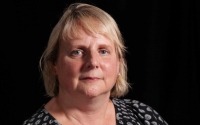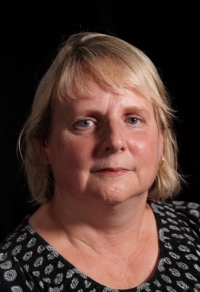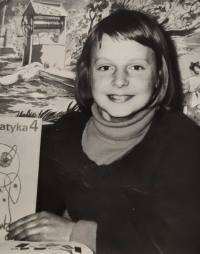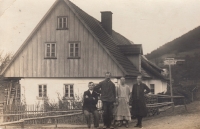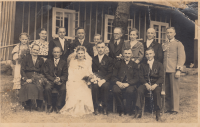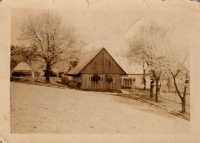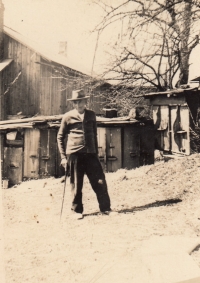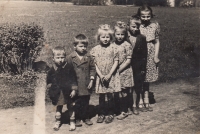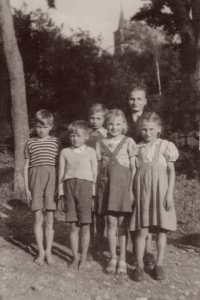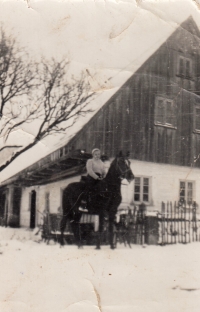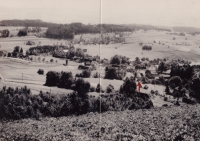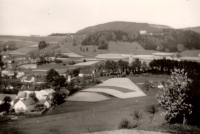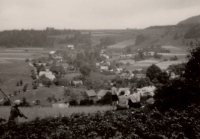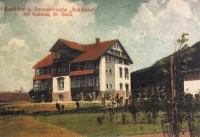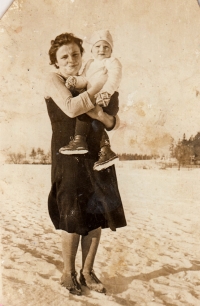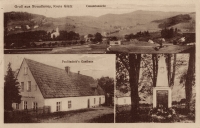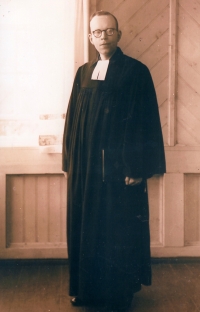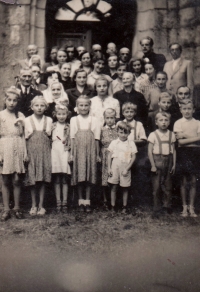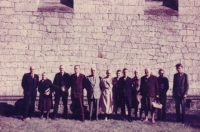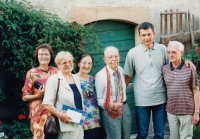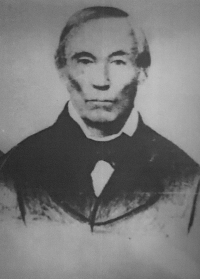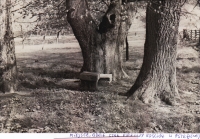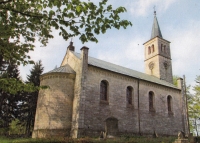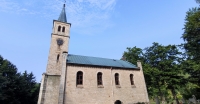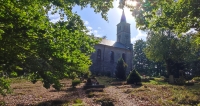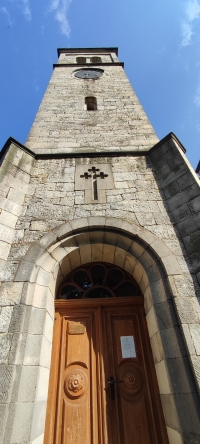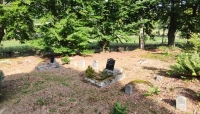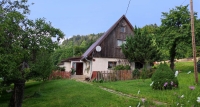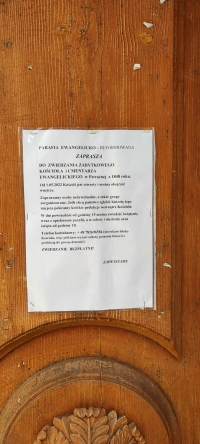I was the only evangelical girl in my class, and I was having a hard time

Download image
She was born on 9 January 1968 in Kudowa-Zdrój to a Czech mother, Elżbieta Smolarska, née Zwikirsch, and a Polish father, Waldemar Smolarski. She lived her whole life in the village of Pstrążna near the spa town of Kudowa-Zdrój in the so-called Czech Corner, where her ancestors had settled in the 15th century. In her family, the Kłodzko dialect of Czech language was spoken. After finishing primary school, she graduated from the grammar school in Kudowa and she decided to study to become a nutrition nurse in Grudziądz in northern Poland. After completing her studies she started to work in the Orlik children’s rehabilitation hospital in Bukowina, near Pstrążna, where she still works today as a nutritionist. Apart form working she took up the distance study of the pedagogy of educational activities. In 2022, she was living with her husband in Pstrążna in a house next to the cottage where her mother Elżbieta was living with her youngest brother Karel. In her spare time the witness was taking care of the Evangelical church in Pstrążna, where she had been working for several years as the chairwoman of the parish college, although the parish consisted of eight members only.
